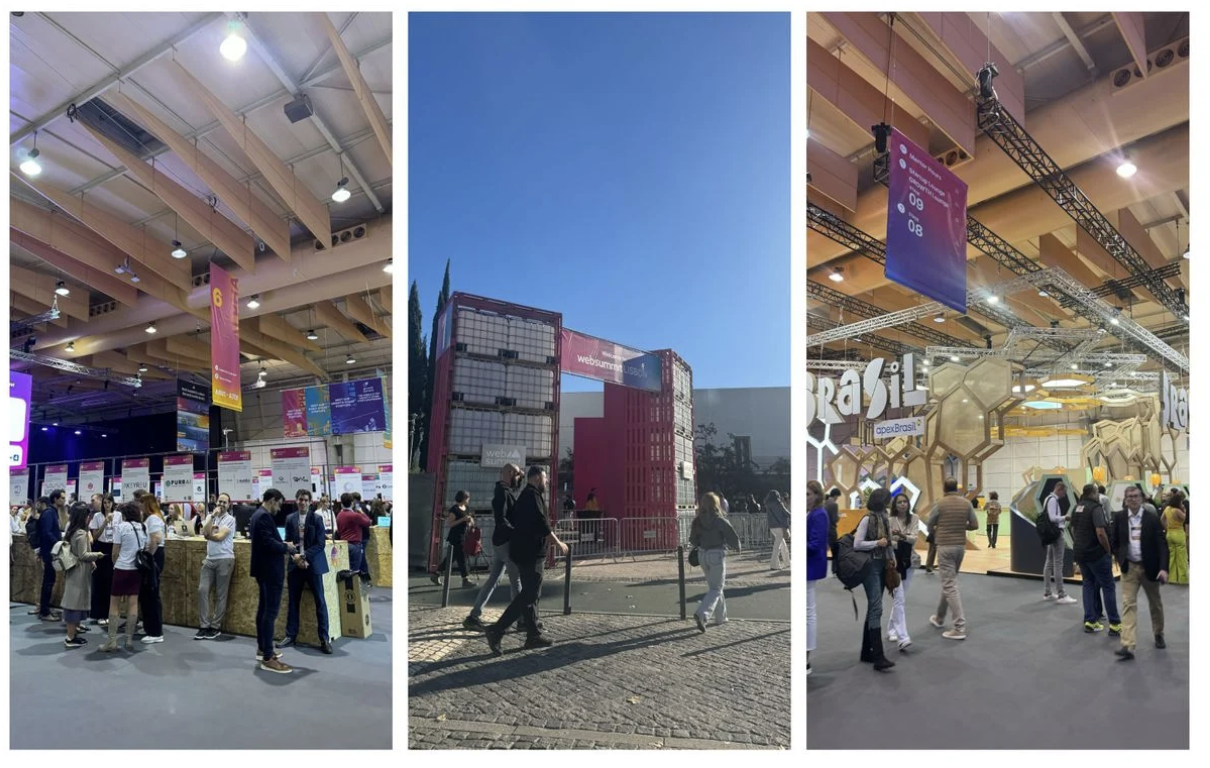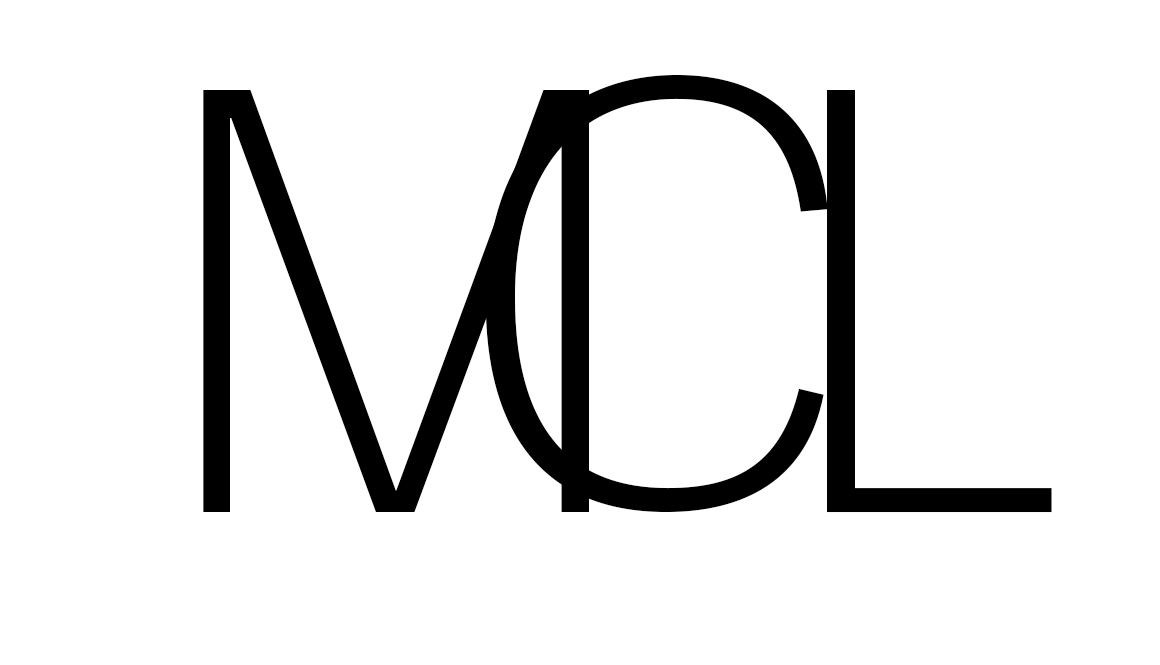🇧🇷 Web Summit Lisboa 2024: conexões globais, debates tecnológicos e o papel do Brasil | 🇬🇧 Web Summit Lisbon 2024: Global Connections, Technological Debates, and Brazil’s Role

🇬🇧
Web Summit Lisbon 2024 has established itself as the main stage for discussions shaping the future of technology and society. Bringing together over 70,000 participants from 160 countries, the event highlighted crucial topics such as artificial intelligence, sustainability, tech regulation, and the impact of social media. Amidst this vibrant scene, Brazil stood out with a record presence of startups and innovation initiatives, reinforcing its global relevance.
Brazil had a historic participation this year, with over 500 startups showcasing innovative solutions in areas such as fintech, agritech, and healthtech. Brazilian companies gained prominence in debates about sustainability and impact, including the Espirito Santo-based Wibag Conecta, which developed mobile connectivity backpacks to enhance internet access at events and promotional actions across the country. Additionally, government delegations and hubs like ApexBrasil were present, attracting global investors' attention and strengthening Brazil's role as an innovation hub in Latin America.
Paddy Cosgrave, CEO of Web Summit, praised the strength of the Brazilian delegation, which surpassed Portugal in the number of startups present. Connections with the global ecosystem have intensified since the event came to Rio de Janeiro in 2023, showcasing the growth and maturity of Brazil's entrepreneurial landscape.
Artificial intelligence (AI) was the most explored topic at Web Summit 2024. In the main talks, leaders such as Meredith Whittaker, president of Signal, warned about surveillance risks associated with AI, while Gabriele Mazzini, architect of the European Union's AI Act, highlighted the challenges of implementing effective regulations without stifling innovation. Peggy Johnson, CEO of Agility Robotics, offered a practical perspective by presenting "Digit," a robot set to revolutionize human-machine relationships in the workplace.
One of the event's most impactful moments was the discussion on artificial general intelligence (AGI), led by Max Tegmark, physicist and researcher at MIT. Tegmark underscored the risks of uncontrolled AGI, warning about the dangers of creating systems that could surpass human capabilities in all cognitive areas. He compared AGI's advancement to "playing with fire," emphasizing that without effective global governance, we are creating a potential "genie in the bottle" that could escape human control.
Tegmark also stressed the urgent need to limit AGI research until robust regulatory structures are in place. He advocated prioritizing AI aligned with human values and adopting more ethical and transparent approaches before advancing toward the creation of truly general artificial intelligence.
The political and social impacts of technologies were also prominent in discussions. The recent U.S. presidential election and the controversial roles of figures like Donald Trump and Elon Musk fueled intense debates. Musk was mentioned for his actions on X (formerly Twitter), which contributed to election-related misinformation, while Trump was cited as an example of how politicians use digital platforms to shape narratives.
These debates directly tied into the return of Web3 as a potential solution to challenges related to centralization and data manipulation on social networks. Many speakers argued that Web3, with its promise of decentralization and greater user control, could address problems associated with big tech companies. However, challenges around large-scale adoption and usability still need to be overcome.
Another central theme was sustainability, with startups like Twelve presenting solutions to transform CO2 into aviation fuel. Additionally, programs like Impact Startups and Women in Tech highlighted the importance of diversity and innovation in addressing climate and social challenges. Over 400 impact startups participated in the event, including several from Brazil, reinforcing the role of technology as a driver of positive change.
A standout feature of Web Summit Lisbon 2024 was its emphasis on innovation aligned with inclusion. Talks highlighted emerging trends and the importance of aligning innovation with social responsibility. Thomas Wolf from Hugging Face emphasized the future of artificial intelligence with compact models, making the technology more accessible, while Cristiano Amon from Qualcomm discussed the transition of AI to edge devices, enabling more personalized and secure experiences. These discussions reflect a genuine concern for ensuring technologies advance safely and remain human-centered.
For many Brazilians, the Web Summit was a unique opportunity to expand global connections and access new markets. The event served as a launchpad for Brazilian startups to gain international recognition, while global investors acknowledged the potential of a burgeoning tech ecosystem.
The Web Summit Lisbon 2024 not only reflected major technological trends but also highlighted the tensions and paradoxes shaping the future of innovation. The event brought crucial discussions on regulation, ethics, and the role of technologies in political and social contexts to the forefront. For Brazil, its participation in the event symbolizes a significant step toward consolidating itself as a global innovation leader, reinforcing its potential to impact the world with creative ideas and transformative solutions.

